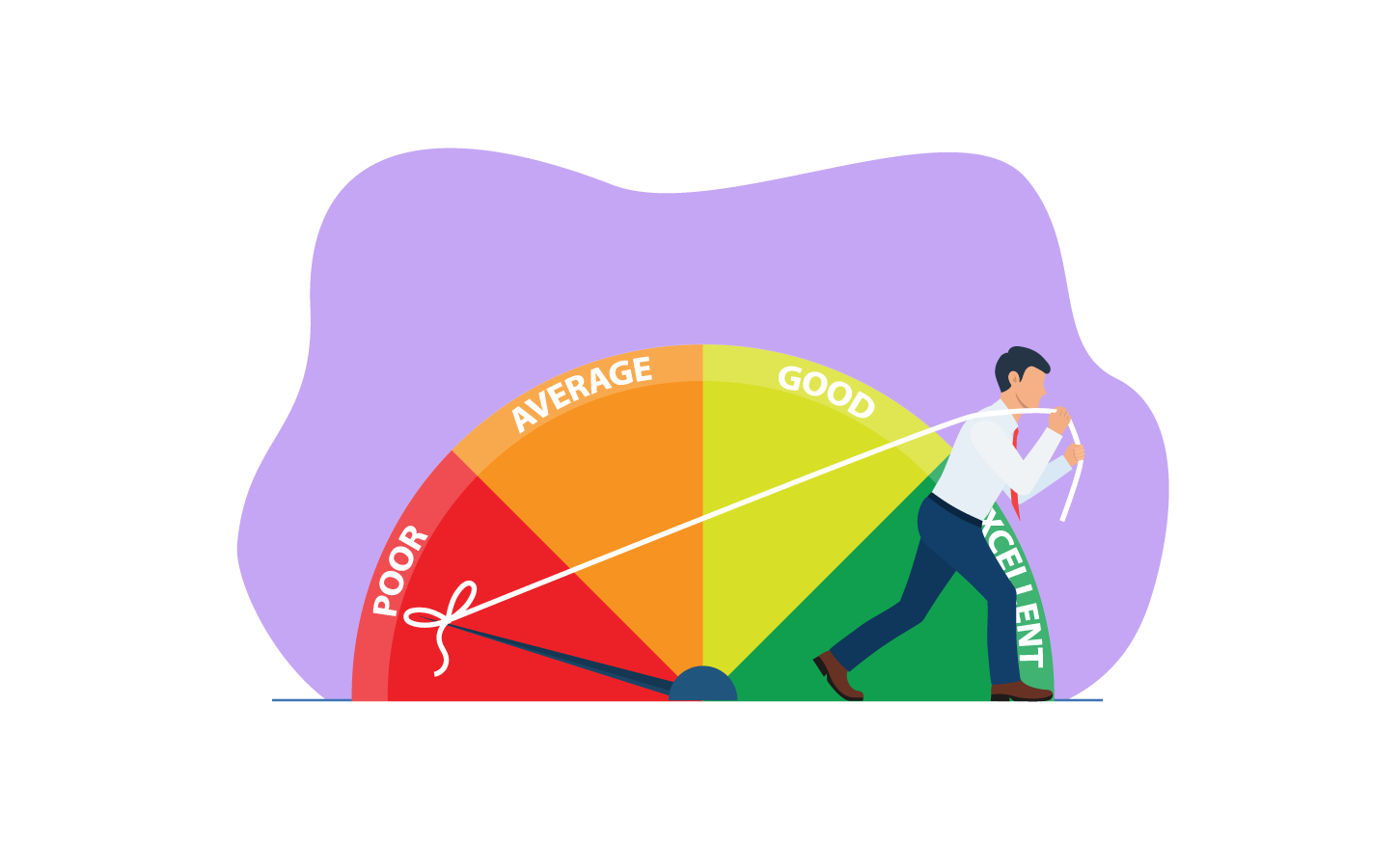Taking out a loan can be a useful way to deal with large or unexpected costs, but it’s important to be aware of common traps and how you can avoid them to protect yourself and your family. For starters, there are plenty of licensed money lenders that offer legal loans in Singapore. On the flip side, there are also many illegal money lenders in the Lion City.
While the moneylending industry is regulated in Singapore to prevent the exploitation of vulnerable borrowers, knowing how to compare money lenders and choose the right licensed money lender will put you in the best position to repay your loan without any undue stress or financial strain.
To choose a reliable licensed money lender in Singapore, you have to:
- Know the difference between licensed and unlicensed money lenders
- Learn to check for the legitimacy of your money lender
- Know where to find legal money lenders in Singapore
- Know the criteria to qualify for legal loans
- Ask your money lender the right questions
- Compare legal loan offers from several licensed money lenders
The difference between licensed and unlicensed money lenders
First and foremost, you should only ever borrow from a licensed money lender. Who needs a money lender license? All licensed money lenders in Singapore need a money lender license. Licensed lenders are bound by the Moneylender’s Act along with other supplementary regulations which govern how they operate, including rules to ensure they can adequately manage risk, charge fair interest rates, and abide by strict practices of debt collection.
Unlicensed money lenders, also known as loan sharks or Ah Longs, are illegal lenders who prey on desperate borrowers in need of urgent cash. They charge sky-high interest rates, use harassment or violence when chasing debt, and/or deliberately conceal the terms of the loan.
Despite ongoing efforts by the police, loan sharks are still rampant in Singapore and are taking advantage of the pandemic to exploit desperate borrowers with money woes. Under no circumstances should you ever borrow money from an unlicensed lender, no matter how pressing the situation may be.
How to check if the money lender license is legitimate
The first thing you need to do before taking up an offer from a money lender is to check that they are licensed. The Ministry of Law keeps a national registry of money lenders that are licensed to practise in Singapore, making it quick and easy for borrowers to find legal loan providers and ensure their money lender licenses are indeed real — you can easily check their money lender license number.
Loan sharks are known to falsely claim they are fully licensed, so always check against the Ministry of Law website to verify the claim. Don’t trust unsolicited text messages, phone calls, or social media posts, as licensed money lenders are prohibited by law from engaging with you via these platforms.
In case you didn’t know, licensed money lenders are required to meet certain industry standards and practices, as well as abide by licensed money lender new rules. For example, the maximum interest they can charge monthly is capped at 4%. Additionally, they are required to meet the borrower in person at the approved place of business and conduct an identity verification before granting any loan.
Where to find legal money lenders in Singapore
When you are considering taking out a legal loan in Singapore, make it a point to research the money lender’s credibility by looking for online reviews of their service. You’ll soon find the lenders that are recommended by other borrowers, along with those that aren’t.
When you do approach a money lender, be sure to ask them a series of important questions before agreeing to anything they offer.
There have been increasing cases of scammers and unlicensed money lenders posing as legal money lenders to swindle unassuming victims into taking loans. Never make a loan transaction online without checking their money lender license first, and verifying the money lender’s website and legal information.
How to qualify for loans from approved money lenders in Singapore
The criteria for every legal money lender differ, so make sure you check with your licensed money lender before applying for a loan.
Here are some generic eligibility criteria to keep in mind when applying for a legal loan in Singapore:
- The borrower should be between 18 to 65 years old
- The borrower should be employed full-time with a monthly CPF contribution
- For Singaporeans and PR, you will need to provide your NRIC or passport, and Singpass login credentials to verify your monthly CPF contributions and Notice of Assessment (NOA)
- For foreign workers, you will need to provide proof of employment in the form of your employment contract or work permit. You will also need to provide proof of residency and proof of income
Every legal authorised money lender offers different interest rates and packages. Depending on your income and repayment ability, you may be able to loan up to as much as six times your monthly salary.
Questions to ask your money lender before taking out a loan
1. What are their requirements to qualify for a loan?
Any legitimate loan has restrictions on who can apply, therefore don’t waste your time checking the finer details before confirming your eligibility.
The criteria for small loans can be as straightforward as a minimum age, while more substantial offers may require that you prove your income and submit a range of other personal details.
By checking your eligibility first, you can quickly weed out the loans you won’t qualify for and focus on those that are most likely to be approved.
2. What is the application process like?
The application process for different loans can vary dramatically depending on each authorised money lender’s policies and eligibility requirements. The process can involve anything from a simple online form to face-to-face meetings, so it’s worth getting an idea of what’s involved in the application before you get started.
Don’t jump to the conclusion that a longer application process is a bad thing – it may demonstrate the thoroughness of the lender or reflect the size of the loan – but checking beforehand gives you plenty of time to prepare.
3. Is there a specific amount of time to pay back the loan?
The amount of money a borrower borrows, also known as the loan principal, is just one of the details that can vary between loans. The repayment period is an equally important detail to be aware of, as it outlines how long you have to repay what you owe.
Some lenders will give you a flexible repayment plan over a certain timeframe, while specific products such as term loans have a fixed repayment schedule that you must adhere to.
For example, you may find two lenders that are willing to loan you $5,000. The first lender may offer you a loan tenure of 12 months whereas the second lender may offer just 6 months. You should pick the right loan for yourself taking into account your repayment ability. You wouldn’t want to overstretch your finances — late interest charges and late payment fees can add up very quickly!
4. How much interest will I be charged on the loan?
Along with the loan principal, repayment period, and other terms and conditions offered by a lender, interest is one of the most important details to compare. Interest is what you will repay on top of the loan itself, so you should always calculate the total cost of the loan including interest before you proceed.
For bank loans, the advertised interest rate is not all that you should look at. Pay attention to the effective interest rate that takes into account various fees and charges; it paints a more accurate picture of what you’ll end up paying.
Licensed money lenders use the reducing balance method to charge borrowers interest. This method calculates interest payments based on the outstanding principal balance. As you pay down your debt, the amount of interest charged will also drop since your loan balance is decreasing. Take note that the advertised interest rate is the same as its true, effective interest rate.
How to choose the right, reliable licensed money lender?
Choosing a reliable licensed money lender in Singapore doesn’t have to be difficult or stressful. Here at CompareSing, we provide a one-stop platform for individuals and business owners to compare different loans. We give you the tool to search for the loan you want according to your needs, giving you access to our partner network of legal money lenders in Singapore as well as other licensed financial institutions that can cater to your needs.
About the Author

Led by a team with invaluable expertise across Singapore’s licensed moneylending, banking, and finance industries, CompareSing provides users with a streamlined yet informative experience at every step of their loan journey.

















